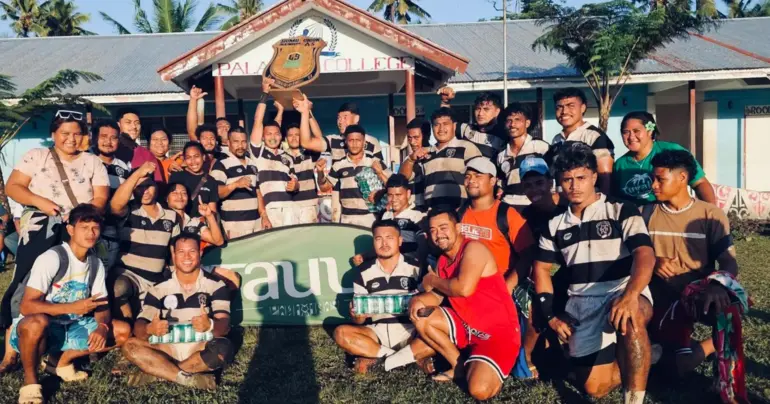Study calls for review of Samoa's healthcare systems
 By Adel Fruean
•
01 May 2022, 10:17PM
By Adel Fruean
•
01 May 2022, 10:17PM
A study that was published in the British Medical Journal has underscored the realities of chronic kidney disease in Samoa and emphasised the need for a review of current healthcare systems.
The research paper titled "Results of a community-based screening programme for chronic kidney disease and associated risk factors, (obesity, diabetes and hypertension) in a Samoan cohort", which was published in the British Medical Journal Open (BMJ Open) on 8 April 2022, highlights the high prevalence rates of chronic kidney disease (C.K.D.) in Samoa with its associated risk factors of diabetes, high blood pressure and obesity.
It is believed to be the first study to report the estimated prevalence of C.K.D. in Samoa or any other Pacific Island nation and was co-authored by Malama Tafuna’i, Robin Turner, Ben Matalavea, David Voss, Lose Hazelman, Roslina Richards and Robert Walker.
According to the study, Samoa does not have clinical guidelines or a national screening programme to help local health authorities detect C.K.D. among the public.
And while Samoa’s Ministry of Health (M.O.H.) in 2015 contextualised and piloted the World Health Organisation’s package of essential N.C.D. interventions – which was developed around a community service to detect early N.C.D.s and refer where appropriate – it has only been rolled out in 17 out of 400-plus villages.
“However since then this has only been rolled out in 17 of 431 villages in Samoa suggesting a more proactive stance on screening is required,” the study stated. “Such programmes would allow early intervention to prevent development and progression of C.K.D.
“Also impacting on this is a primary healthcare system that is not fully developed and largely delivered through the secondary hospital services.”
The National Kidney Foundation of Samoa (N.K.F.S.), which operates under the auspices of the M.O.H., has developed an organisation-based screening programme which has been refined to a point where they are able to detect C.K.D. with point of care screening in the community and have been implementing this regularly both in rural and urban areas over the past five years.
“Evaluating access to healthcare in rural vs urban areas is critical as chronic diseases often expose inequities in health associated with access to healthcare,” the study further states. “An evaluation of the current healthcare system and in particular primary care services in Samoa is needed.
“Several studies in Samoa have highlighted areas for improvement in the current primary healthcare system which included delivery of curative care as opposed to preventative care, few health workers trained in primary care and financial investment.”
The study also underlined the continued use and importance of traditional healers, and Samoan beliefs around sickness and health, and how this influences engagement with the western health system and “should be investigated and navigated sensitively”.
“This study has highlighted important factors for the N.K.F.S. organisation to consider as they move forward with respect to identifying those at risk for C.K.D. and introducing strategies to target the associated risk factors of obesity, diabetes and hypertension.
“It reveals an urgent need for further studies on the epidemiology of C.K.D. in Samoa to develop country-specific prevention strategies to mitigate this growing burden and prevent subsequent C.K.D. associated complications including development of kidney failure and premature death.”
The N.K.F.S. was set up in 2005 as a state owned enterprise by the Samoan Government and is mandated to detect and provide management for kidney diseases.
The study concluded that its findings further demonstrates the high burden of C.K.D. and related N.C.D.s in Samoa which are likely to give a similar picture in other Pacific Island nations.
“There is a need for further research to understand better the associations of the risk factors for C.K.D. in Samoa and to continue to document CKD prevalence with repeated testing on a regular basis.
“Knowing the burden of earlier C.K.D. stages, supporting earlier intervention and addressing health literacy are key areas for the N.F.K.S. as they plan future activities to address this growing C.K.D. concern.
“The goal is to have C.K.D. recognised as an important N.C.D. with a national focus on management.”
Tags
 By Adel Fruean
•
01 May 2022, 10:17PM
By Adel Fruean
•
01 May 2022, 10:17PM











